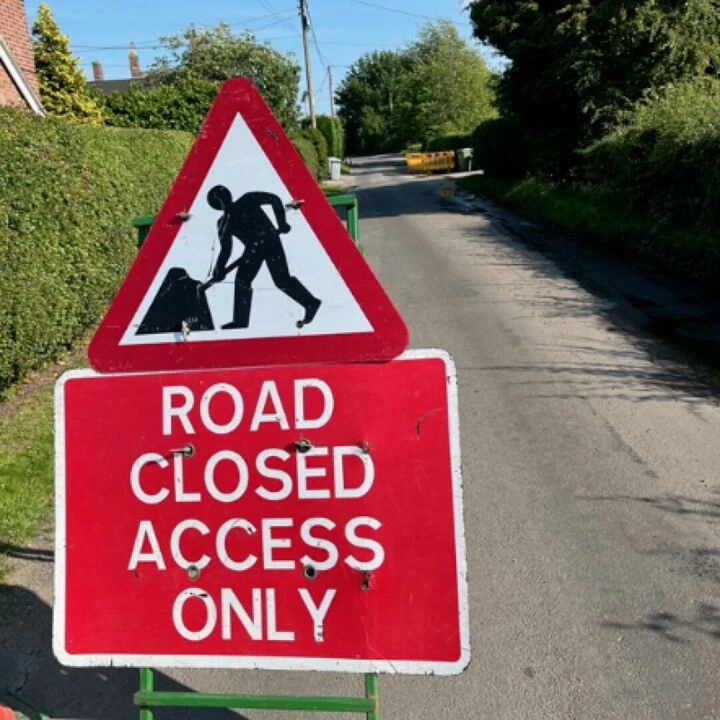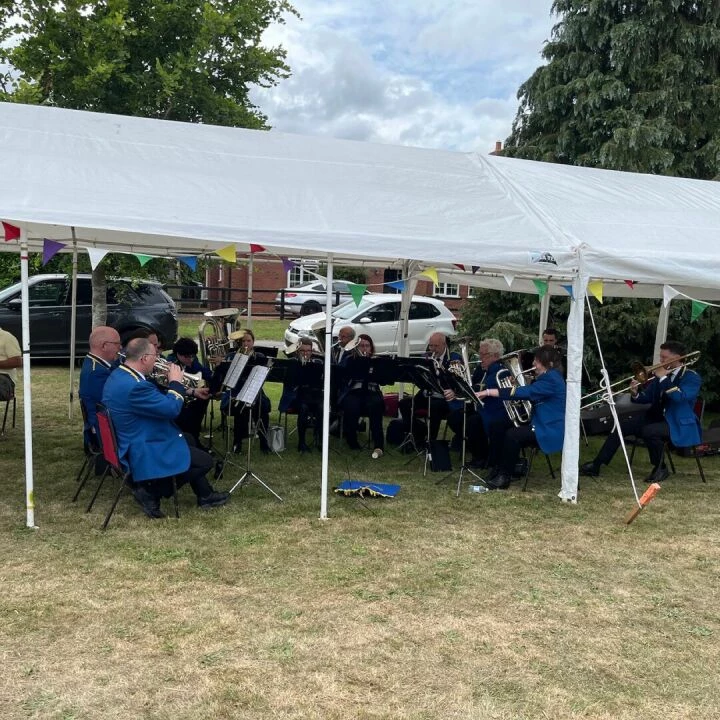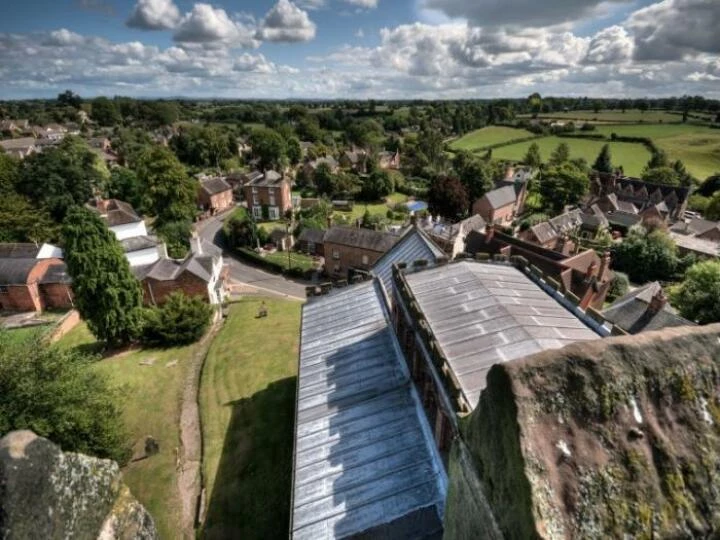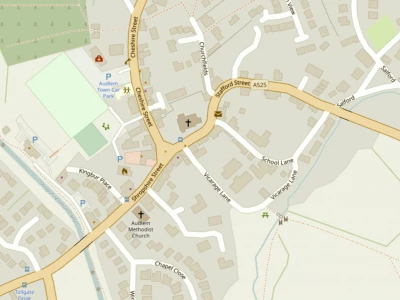







Just in case you missed this last week....a number of residents have commented that they do not know what proper planning grounds ('material considerations') they can use when objecting to a planning application.
The attached is information from the Royal Town Planning Institute which the Parish Council would be grateful if you could publish as a guideline for anyone wishing to comment on planning applications, now or in the future.
When a decision is made on a planning application, only certain issues are taken into account. These are often referred to as 'material planning considerations'.
Material planning considerations:
- Issues that may be relevant to the decision: (there may be further material planning considerations not included here)
- Local, strategic, national planning policies and policies in the local plan
- Emerging new plans which have already been through at least one stage of public consultation
- Pre-application planning consultation carried out by, or on behalf of, the applicant
- Government and Planning Inspectorate requirements – circulars, orders, statutory instruments, guidance and advice
- Previous appeal decisions and planning inquiry reports
- Principles of Case Law held through the Courts
- Loss of sunlight (based on Building Research Establishment guidance)
- Overshadowing/loss of outlook to the detriment of residential amenity (though not loss of view as such)
- Overlooking and loss of privacy
- Highway issues: traffic generation, vehicular access, highway safety
- Noise or disturbance resulting from use, including proposed hours of operation
- Smells and fumes
- Capacity of physical infrastructure e.g. in the public drainage or water systems
- Deficiencies in social facilities e.g. spaces in schools
- Storage and handling of hazardous materials and development of contaminated land
- Loss or effect on trees
- Adverse impact on nature conservation interests and biodiversity opportunities
- Effect on listed buildings and conservation areas
- Incompatible or unacceptable uses
- Local financial considerations offered as a contribution or grant
- Layout and density of building design, visual appearance and finishing materials
- Inadequate or inappropriate landscaping or means of enclosure
The importance attached to material considerations in reaching a decision is a matter of judgement for the decision-taker; however the decision-taker is required to demonstrate that in reaching that decision they have considered all relevant matters.
Generally greater weight is attached to issues raised which are supported by evidence rather than solely by assertion or opinion.
If an identified issue can be dealt with by means of a suitable condition then the Local Planning Authority is required to consider this rather than by issuing a refusal.
Non-Material Planning Considerations
- Issues that are not relevant to the decision (there exist further non-material planning considerations not included in this list)
- Matters controlled under building regulations or other non-planning legislation e.g. structural stability, drainage details, fire precautions, matters covered by licences etc
- Private issues between neighbours e.g. land/boundary disputes, damage to property, private rights of access, covenants, ancient and other rights to light etc
- Problems arising from the construction period of any works e.g. noise, dust construction vehicles, hours of working (covered by Control of Pollution Acts)
- Opposition to the principle of development when this has been settled by an outline planning permission or appeal
- Applicant's personal circumstances (unless exceptionally and clearly relevant e.g. provision of facilities for someone with a physical disability
- Previously made objections/representations regarding another site or application
- Factual misrepresentation of the proposal
- Opposition to business competition
- Loss of property value
- Loss of view
TOP TIPS – Making your comments effective
- Keep informed – check for site notices in your area, check for any notices in your local newspaper and check the local planning authority's planning register
- Meet the official deadline for comments (usually 21 days). You can ask the local planning authority for more time but it is up to them whether they will agree to this or not
- Make comments in writing (by letter or email). Be clear, concise & accurate in your comments
- If you support the idea of the development and are only concerned about some aspects, state which aspects of the proposal you would like changed and how
- Quote relevant policies and proposals from the development plan that supports your case. It will not be necessary to quote the policy in full, just refer to the policy or paragraph number and explain how it applies to the site. The case/planning officer at the Local Planning Authority should be able to help you identify the relevant policies
- Ask the case/planning officer when and how the decision will be made. Is it going to be made by Councillors at a planning committee or by planning officers under delegates powers
- If an application is going to be considered at committee the case officer's report will be prepared and made available to the public five working days before committee
- Obtain a copy of the report and check that your comments have been taken into account. If you feel they have not, you can write a further letter to the chair of the planning committee and the case officers to highlight this and to set out to them what your comments are
- Find out if you can speak at planning committee. This is another opportunity to make your views known.
This article is from our news archive. As a result pictures or videos originally associated with it may have been removed and some of the content may no longer be accurate or relevant.
Get In Touch
AudlemOnline is powered by our active community.
Please send us your news and views using the button below:
Email: editor@audlem.org


